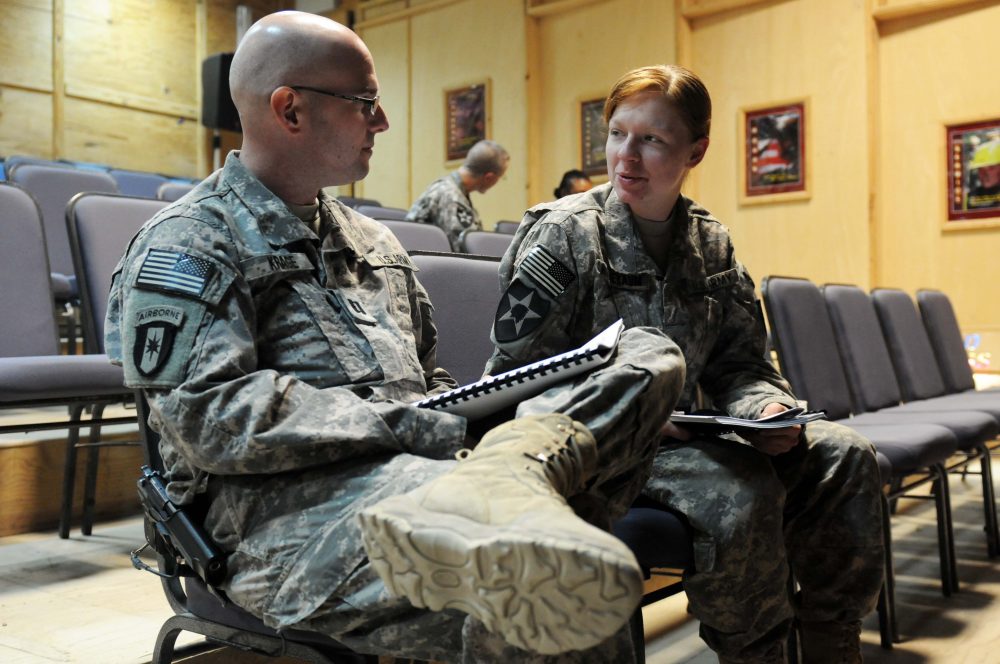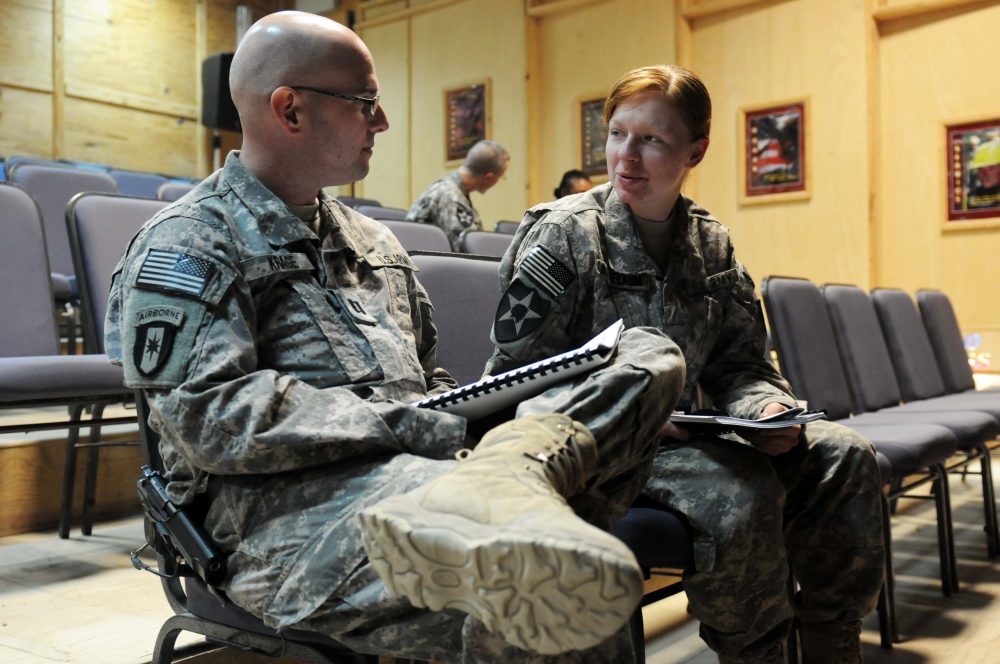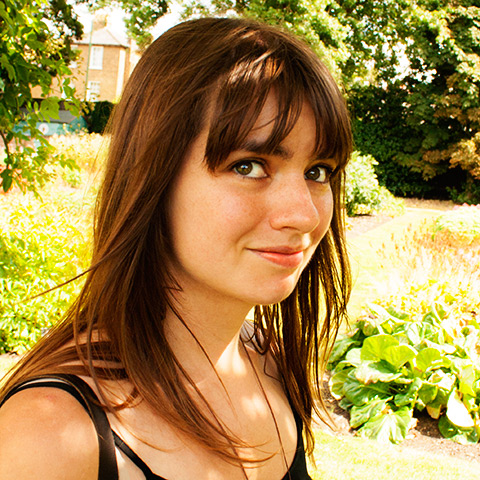Nearly 20 years after the death of his mother, Prince Harry has spoken about how he sought counselling to cope with his grief.
In an interview with The Telegraph’s Bryony Gordon, Prince Harry discussed how he spent years trying to shut down his emotions. “I buried my head in the sand,” he said. But refusing to acknowledge his grief only left him anxious, angry, and frustrated. Finally, after “years of total chaos,” he received treatment.
The Windsors are not known for public displays of emotion. So what made Prince Harry speak out about mental health, and how can human rights help?
Mental health problems: more common than we think

Prince Harry is far from alone in his struggle with mental illness. Roughly 450 million people worldwide will, at some point, be affected by mental and neurological disorders. In the UK, 1 in 4 people experience a mental health problem each year. These can range from anxiety and depression, to schizophrenia and PTSD.
But although mental health problems are common, many people don’t receive treatment. Discrimination and silence all prevent access to care. The tragedy is that better mental health services can be literally lifesaving. The mental health charity MIND reports that 17 in 100 people will have suicidal thoughts at some point. The risk of suicide is often elevated among people with mental illnesses.
What do human rights have to do with mental health?

Human rights work to support mental health care in several different ways.
There are a number of rights in the Convention on Human Rights which all public authorities, including mental health care providers, must take into account when treating patients.
One of the most important protections is Article 2, the right to life. Under Article 2, the state must act when life is endangered. So, for example, hospitals must take appropriate steps to treat their patients, bearing in mind that mentally ill patients can be particularly vulnerable.
Rabone and another v. Pennine Care NHS Foundation Trust [2012], is an important example of how human rights can be used to ensure people with mental illnesses are treated with the right kind of care. There, the Supreme Court found that the hospital had failed to take reasonable steps to protect the life of a high risk young woman who hanged herself after being discharged.
Article 3 of the Human Rights Convention protects against inhuman and degrading treatment. In the case of MS v UK [2012], the European Court ruled that the police had breached a man’s Article 3 rights by detaining him for over three days in circumstances where he repeatedly banged his head on the wall and drank from the toilet.
Other Convention rights that have been used to protect mental health patients include Article 5 (the right to liberty), Article 8 (the right to family and private life) and Article 14 (prohibition on discrimination).
Why Prince Harry is awesome
Prince Harry said that he hoped that coming forward would help to break down the stigma surrounding mental health issues and ensure that more people would be treated. Currently, nearly two-thirds of people worldwide won’t receive any treatment for their mental health problems.
The prince is taking steps to help change the situation. Along with his brother and his sister-in-law, Prince Harry has set up Heads Together, a charity which encourages mental well-being.
Ensuring equal treatment for people with mental health problems is more than an impressive goal, it’s also an important human right.
For more information:
- Take a look at 5 times human rights have helped people with mental health issues.
- Read our explainer: what is the right to life and why does it matter?
Images from Unsplash. Prince Harry image via Chatham House, flickr.







